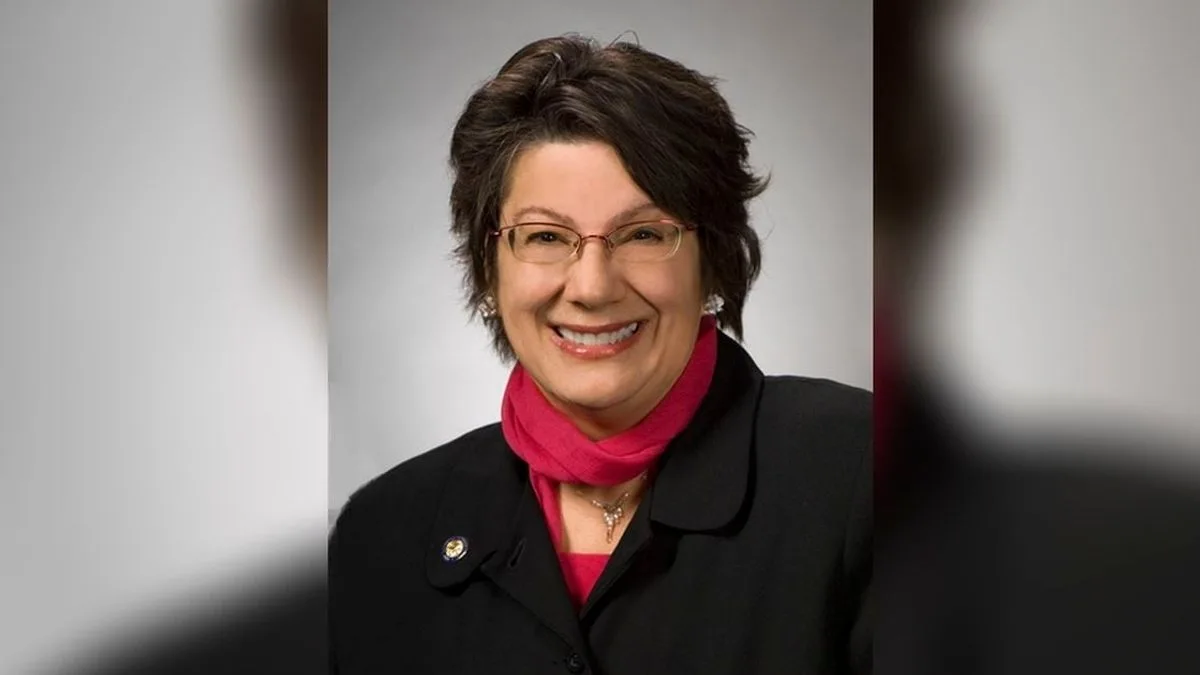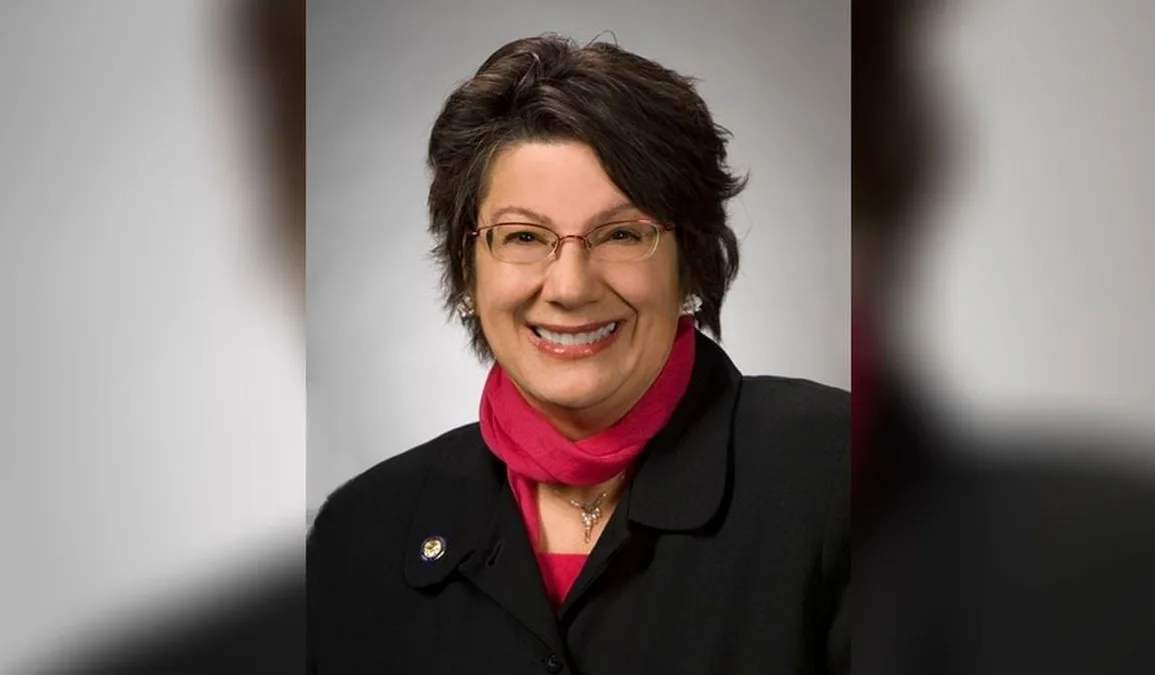
As Black History Month comes to a close and Women’s History Month begins, Ohio’s political landscape takes a moment to honor an illustrious figure who bridged both celebrations. The Ohio Senate Democratic Caucus recently unveiled a portrait of former state Senator and Dayton Mayor Rhine McLin. This historic dedication ceremony, attended by Ohio’s past and present public officials, spotlighted McLin’s groundbreaking achievements and her enduring legacy in Ohio politics.
Breaking Ground in Ohio Politics
Rhine McLin’s journey in the political arena is a narrative of firsts, marked by her unwavering dedication to public service. In 1994, McLin shattered a significant glass ceiling by becoming the first African American woman elected to the Ohio Senate. Her trailblazing didn’t stop there; in 2002, she further cemented her legacy by assuming the role of Dayton’s first female mayor. Throughout her tenure, McLin was a fervent advocate for legislation aimed at protecting the most vulnerable segments of her constituency. Her leadership qualities were recognized by her peers, leading to her election as Minority Whip twice and ultimately, making history once more as the first African American woman to serve as Senate Minority Leader.
Legacy of Leadership
McLin’s contributions to Ohio politics extend beyond her list of “firsts.” Her commitment to public service and her ability to lead with both compassion and conviction left an indelible mark on the Ohio General Assembly and the city of Dayton. The recent portrait unveiling in the Minority Conference Room of the Ohio Statehouse serves not only as a tribute to her achievements but also as a source of inspiration for future generations. McLin’s story is a testament to the impact of breaking barriers and leading with purpose, qualities that continue to resonate within the halls of Ohio’s political institutions.
A Continuing Journey for African American Women in Leadership
Rhine McLin’s pioneering path in Ohio politics mirrors the broader journey of African American women in leadership roles across the United States. Similar to McLin’s legacy, Dr. Dionne Toombs and Drenda Williams have made significant strides within the U.S. Department of Agriculture’s National Institute of Food and Agriculture (NIFA). As the first Black female associate directors at NIFA, both women exemplify the ongoing efforts of African American women to lead and innovate in their respective fields. Their accomplishments, driven by a combination of family support, mentorship, and education, underscore the importance of diversity and representation in leadership positions, paving the way for future generations.
The unveiling of Rhine McLin’s portrait is more than a ceremonial gesture; it is a recognition of the strides made by African American women in leadership roles, both in Ohio and across the nation. McLin’s legacy, coupled with the achievements of figures like Dr. Toombs and Drenda Williams, highlights the ongoing journey towards inclusivity and representation in public service. As we reflect on these milestones, it becomes clear that the road to equality is paved by the courage and resilience of those who dare to lead by example. Their stories are not just chapters in history books but are living testimonies of progress, inspiring continued efforts towards a more inclusive and equitable society.


